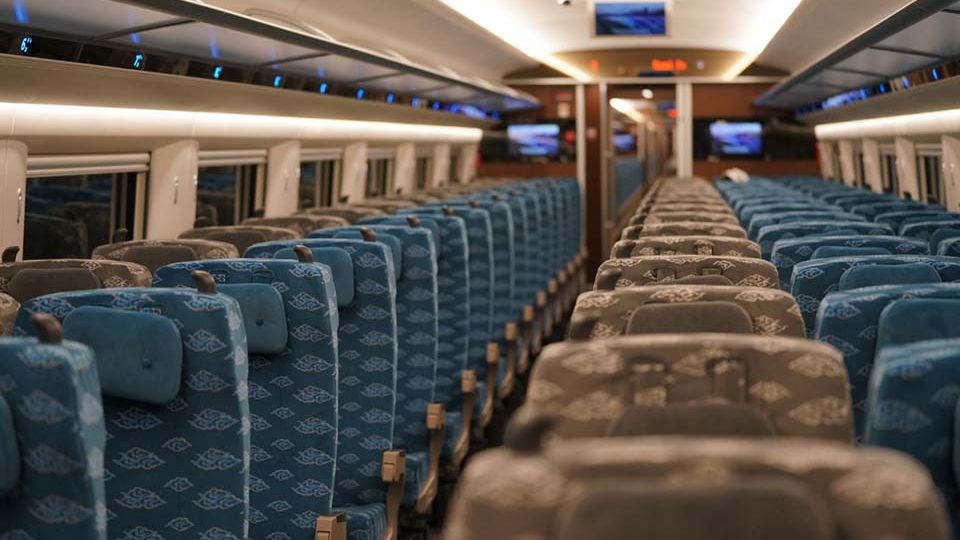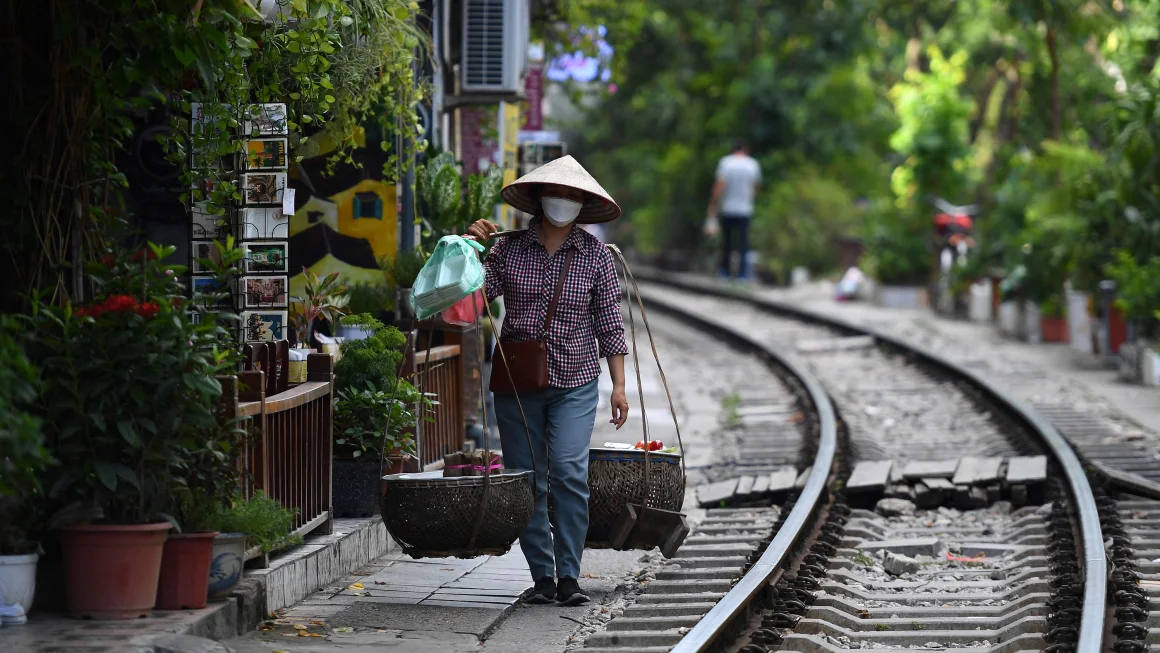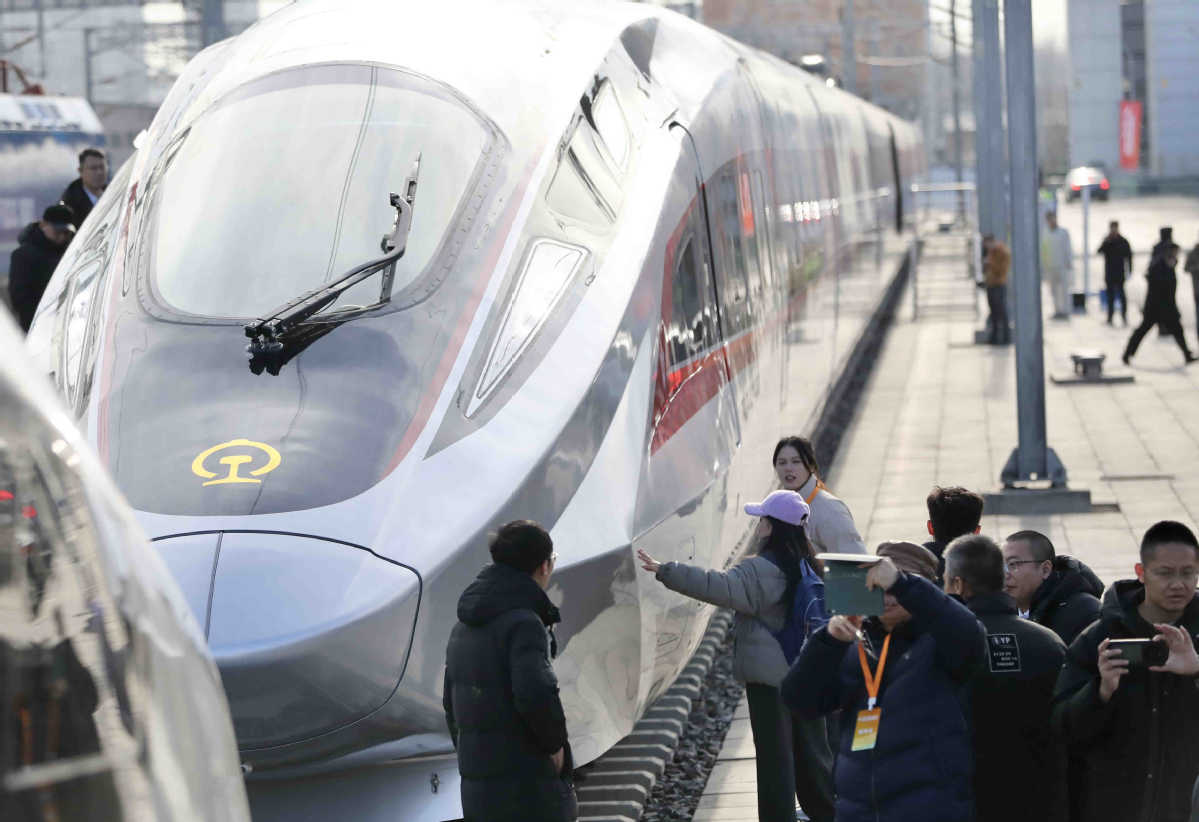The operator of Whoosh, the Jakarta-Bandung high speed rail (HSR) service, is looking for passengers it suspects are responsible for stealing “high-tech” cushions from its trains.
PT Kereta Cepat Indonesia China (KCIC) said it had collected the identities of the alleged cushion thieves from CCTV cameras, according to a statement on Saturday.
“Removing the cushions causes damage to the facility and reduces passenger comfort […] If the cushions are lost, KCIC will need to procure replacements, resulting in additional operational costs, which could be better used for improving services,” KCIC spokesperson Eva Chairunisa said.
The company has suffered six incidents of cushions being removed since it began operating the rail link in October last year.
The most recent occurred on July 11 when train staff found a cushion was missing from one of its Premium Economy seats, the cheapest out of three seat classes offered by the company, the other two being Business Class and First Class.
“Cushions used in Whoosh are designed with customized specifications and high technology. They have fire resistant material to help minimize potential hazards during an emergency,” Eva said.
“Even though this seems minor, these incidents are costly to the company,” she added.
Eva urged passengers riding the train to abide by its rules and preserve the public amenities. She reiterated that all actions it deemed damaging to the facilities would be monitored with over 1,390 CCTV cameras spread throughout the stations, trains and tracks.
KCIC said it would set up ways to prevent future similar incidents, including by educating its passengers.
Whoosh is expected to face a deficit of Rp 3.15 trillion (US$200 million) in its first year of operation, according to a December 2023 financial projection seen by The Jakarta Post.
The projection also shows that KCIC is seeking to close the gap through what it calls cash deficiency support (CDS), which experts say will most likely come from bank loans.
KCIC was not immediately available for comment when asked for confirmation in January.
PT Wijaya Karya (WIKA) has blamed its financial woes on the interest burden and losses from the construction and operation of the Jakarta-Bandung HSR.
The financial pressure has left the state-owned construction firm unable to continue current projects, such as constructing toll roads and infrastructure in the new capital city of Nusantara in East Kalimantan, without a state capital injection (PMN), the company told lawmakers on July 8.
Despite all the challenges, the government continues to seek Chinese help in extending the project further to Surabaya, East Java, which analysts believe will help improve the project’s viability.



